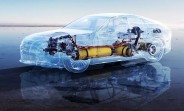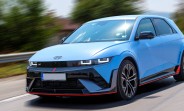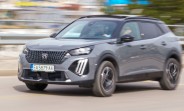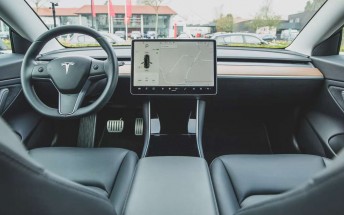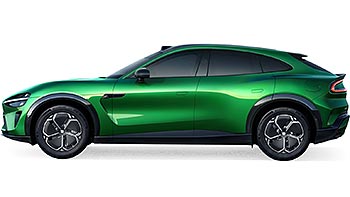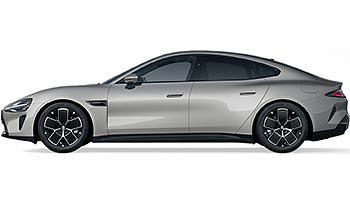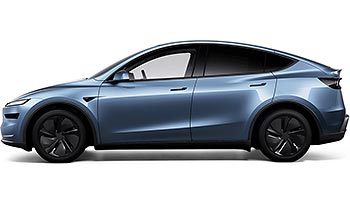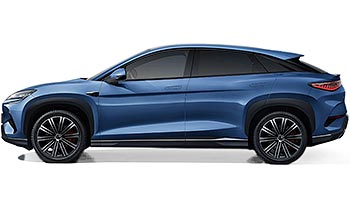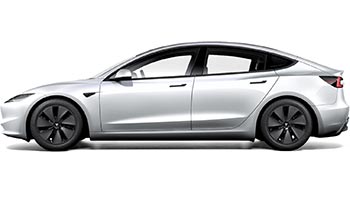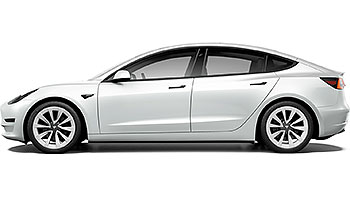Hyundai hasn't given up on hydrogen yet, presenting a new NEXO concept

The majority of the automotive world has already placed its bets on batteries, but Hyundai is stubbornly maintaining its alternative lineup. The South Korean automaker is sticking with hydrogen fuel cell technology.
At the World Congress of the Econometric Society in Seoul, amidst discussions of global economic trends, Hyundai rolled out the all-new NEXO, a fuel cell electric vehicle (FCEV) redesigned for the first time in seven years.

It's a risky commitment to a technology many rivals have quietly abandoned. But the question on everyone's mind is simple: Does Hyundai know something the rest of the industry doesn't?
Electric cars clog our news feeds and increasingly populate our streets, and yet Hyundai is busy building what it calls a "hydrogen ecosystem." This is more than just cars. Through its dedicated hydrogen brand, HTWO, the company is tackling the entire hydrogen value chain, from production and storage to its ultimate use in transportation and beyond.

The star of Hyundai's presentation is undoubtedly the new NEXO. Ditching the somewhat generic look of its predecessor, the new model boasts a design philosophy dubbed "Art of Steel," giving it a more robust and sophisticated appearance. Signature 'HTWO' lights at the front and rear create a distinct visual identity.
But the changes are more than skin deep. Hyundai is targeting a driving range of over 435 miles on a single, five-minute refuel. The total system output has gone up to 190 kW, promising a bit more spirited acceleration.

Inside, the NEXO features spacious and sustainable interior, aligning with the eco-friendly promise of hydrogen power. Hyundai is keen to point out that FCEVs like the NEXO do more than just avoid emissions; they actively clean the air as they drive, filtering out fine dust particles. It's a compelling sales pitch, especially in pollution-choked urban centers. Is it true, though, or is it just marketing speak?
A great car is useless without fuel. This is the Achilles' heel of the hydrogen dream and a major reason why many manufacturers have shied away. Building a network of hydrogen refueling stations is a monumental and expensive task, one that makes the rollout of EV chargers look like child's play. And the green aspect of it is questionable too.

Hyundai is not ready yet to give up. The company is actively showcasing its advancements in hydrogen production, including a waste-to-hydrogen plant in Chungju that uses biogas and an electrolysis-based facility in Buan. These projects are crucial to producing "green" hydrogen, which is essential for the technology to be truly environmentally friendly.
Hyundai isn't limiting its hydrogen ambitions to passenger cars. The company also highlighted its commercial vehicles, including the XCIENT Fuel Cell Truck and the Elec City and Universe Fuel Cell buses. The hydrogen technology makes more sense for heavy-duty vehicles, where long ranges and quick refueling are important for commercial operations. The fleet of XCIENT trucks have already logged millions of kilometers on Swiss roads, proving the technology's real-world viability.
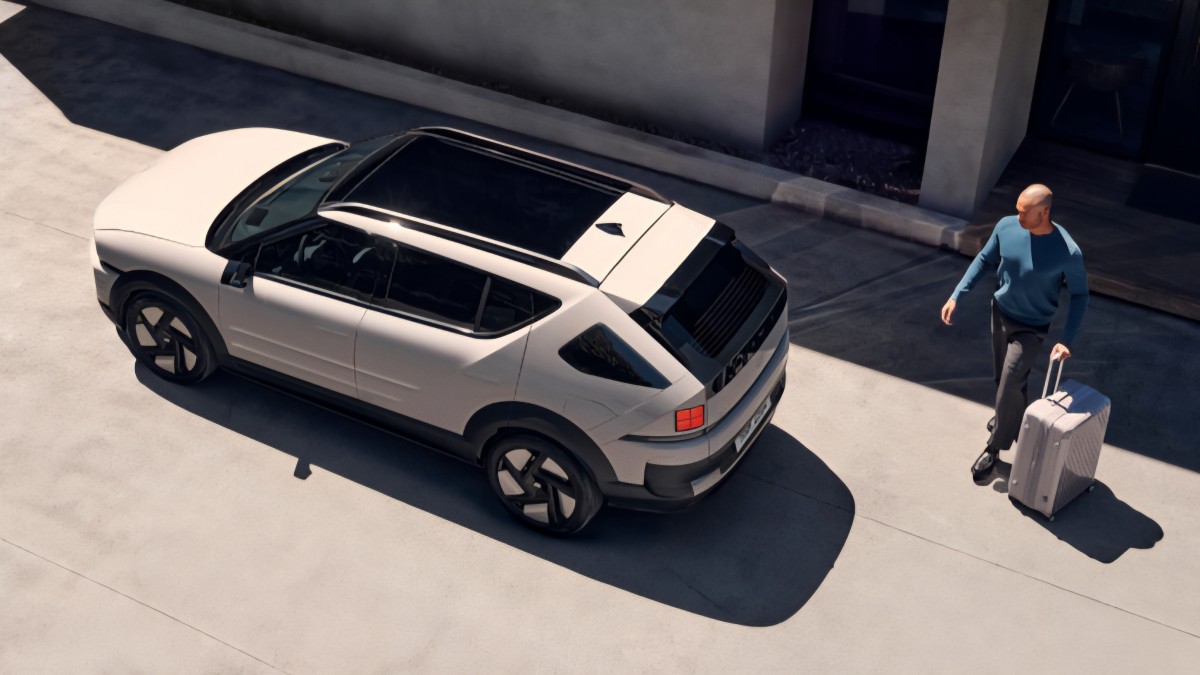
The road ahead for hydrogen is filled with challenges. The infrastructure remains sparse, and the cost of both the vehicles and the fuel is high compared to their battery-electric and gasoline-powered counterparts. Companies like Toyota and BMW continue to explore hydrogen, but the overwhelming industry momentum is behind EVs.
Hyundai's persistent push into hydrogen is a contrarian move. It's a high-stakes wager that in the long run, the benefits of hydrogen - fast refueling, long-range, and a lighter environmental footprint for heavy vehicles - will carve out a significant niche in the future of transportation.
Related
Reader comments
Nothing yet. Be the first to comment.
